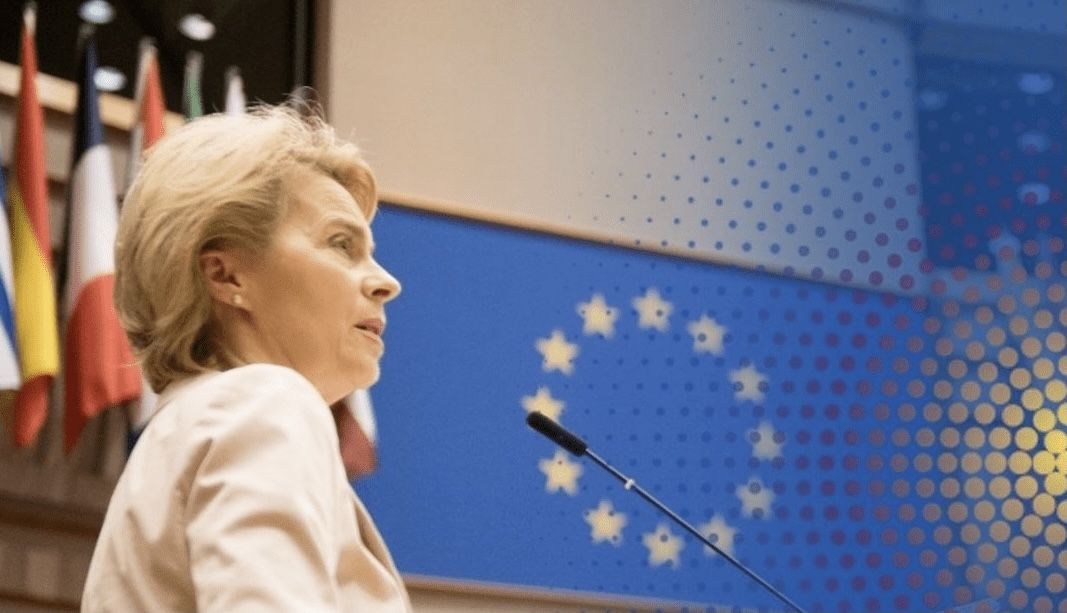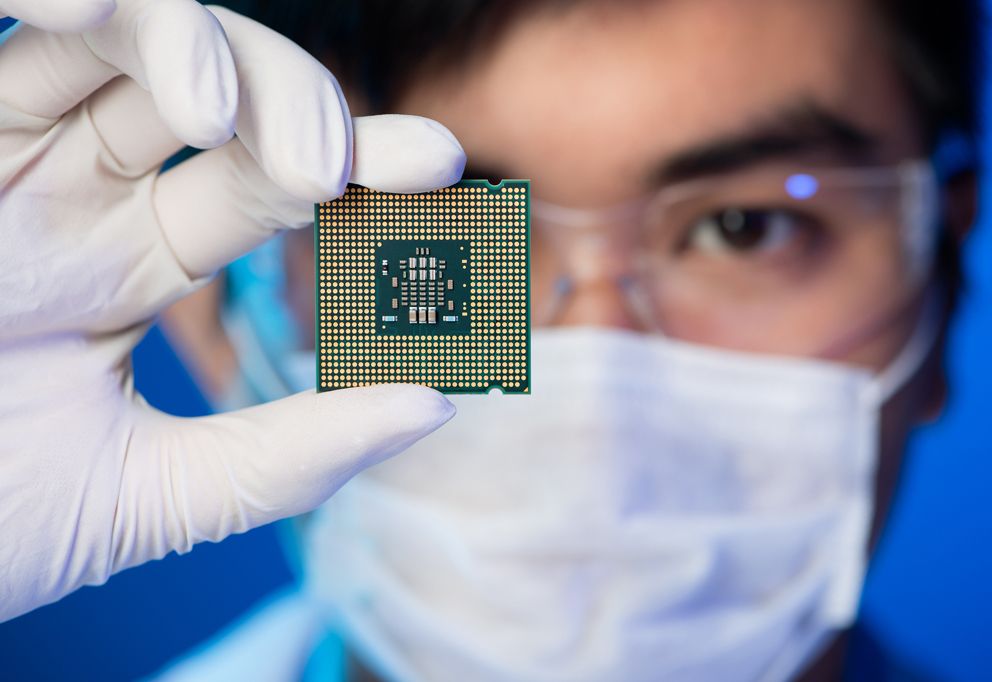The Commission has proposed a comprehensive set of measures to ensure the EU’s security of supply, resilience and technological leadership in semiconductor technologies and applications. The European Chips Act will bolster Europe’s competitiveness, resilience and help achieve both the digital and green transition.
The following is some of the most significant information on this issue in the European Union.
Recent global semiconductors shortages forced factory closures in a wide range of sectors from cars to healthcare devices. In the car sector, for example, production in some Member States decreased by one third in 2021. This made more evident the extreme global dependency of the semiconductor value chain on a very limited number of actors in a complex geopolitical context. But it also illustrated the importance of semiconductors for the entire European industry and society.
The EU Chips Act will build on Europe’s strengths – world-leading research and technology organisations and networks as well as host of pioneering equipment manufacturers – and address outstanding weaknesses. It will bring about a thriving semiconductor sector from research to production and a resilient supply chain. It will mobilise more than €43 billion euros of public and private investments and set measures to prevent, prepare, anticipate and swiftly respond to any future supply chains disruption, together with Member States and our international partners. It will enable the EU to reach its ambition to double its current market share to 20% in 2030.
What is Europe’s current situation in the chips market?
Europe has many strengths and some weaknesses in the semiconductor value chain. The semiconductor sector is characterised by intense R&D activity, with first-class companies reinvesting more than 15% of their revenues into research in next generation technologies. The EU is home to world-leading research and technology organisations and many excellent universities and research institutes spread across the Union. These are pioneering the techniques behind the production of some of the world’s most advanced chips.
Moreover, Europe is very well positioned in terms of the materials and equipment needed to run large chip manufacturing plants, with many companies playing essential roles along the supply chain.
Despite these strengths, Europe has an overall global semiconductors production market share of less than 10% and is heavily dependent on third-country suppliers. In case of severe disruption of the global supply chain, Europe’s chips’ reserves in some industrial sectors (e.g. automotive or healthcare devices) could run out in a few weeks, bringing many European industries to a standstill.
As the digital transformation accelerates and penetrates every part of society, industrial needs for chips are set to increase, opening new market opportunities.

President Von der Leyen’s speech at the World Economic Forum |
The European Chips Act will ensure that the EU has the necessary tools, skills and technological capabilities to become a leader in this field beyond research and technology in design, manufacturing and packaging of advanced chips, to secure its supply of semiconductors and to reduce its dependencies. The main components are:
- The Chips for Europe Initiative will pool resources from the Union, Member States and third countries associated with the existing Union programmes, as well as the private sector, through the enhanced “Chips Joint Undertaking” resulting from the strategic reorientation of the existing Key Digital Technologies Joint Undertaking. €11 billion will be made available to strengthen existing research, development and innovation, to ensure the deployment of advanced semi-conductor tools, pilot lines for prototyping, testing and experimentation of new devices for innovative real-life applications, to train staff and to develop an in-depth understanding of the semi-conductor ecosystem and value chain.
- A new framework to ensure security of supply by attracting investments and enhanced production capacities, much needed in order for innovation in advanced nodes, innovative and energy efficient chips to flourish. In addition, a Chips Fund will facilitate access to finance for start-ups to help them mature their innovations and attract investors. It will also include a dedicated semiconductor equity investment facility under InvestEU to support scale-ups and SMEs to ease their market expansion.
- A coordination mechanism between the Member States and the Commission for monitoring the supply of semiconductors, estimating demand and anticipating the shortages. It will monitor the semiconductor value chain by gathering key intelligence from companies to map primary weaknesses and bottlenecks. It will draw together common crisis assessment and coordinate actions to be taken from a new emergency toolbox. It will also react swiftly and decisively together by making full use of national and EU instruments.
The Commission also proposes an accompanying Recommendation to Member States. It is a tool with immediate effect to enable the coordination mechanism between the Member States and the Commission to commence straight away. This will allow as from now to discuss and decide on timely and proportionate crisis response measures.
Next Steps
Member States are encouraged to immediately start coordination efforts in line with the Recommendation to understand the current status state of the semiconductor value chain across the EU, to anticipate potential disturbances and take corrective measures to overcome the current shortage until the Regulation is adopted. The European Parliament and the Member States will need to discuss the Commission’s proposals on a European Chips Act in the ordinary legislative procedure. If adopted, the Regulation will be directly applicable across the EU.
Background

European initiative on processors and semiconductor technologies |
Chips are strategic assets for key industrial value chains. With the digital transformation, new markets for the chip industry are emerging such as highly automated cars, cloud, IoT, connectivity (5G/6G), space/defence, computing capacities and supercomputers. Semiconductors are also at the centre of strong geopolitical interests, conditioning countries capacity to act (militarily, economically, industrially) and drive digital.
More information:
European Chips Act: Questions & Answers







Leave a Reply